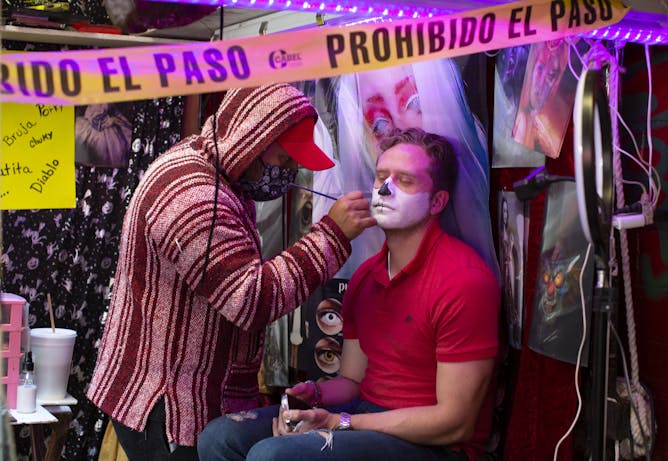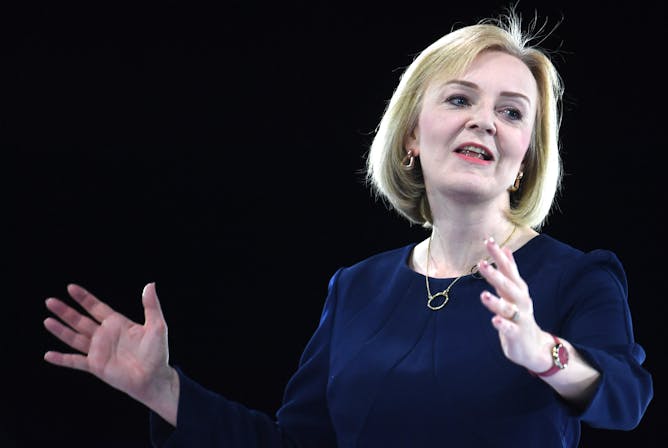|
Remember digital nomads? Those lucky, carefree millennials who ditched the office and the daily urban grind in favour of a blissful existence in some far-flung tropical beach cafe, their only limitation being the quality of the wifi. The pandemic’s remote working revolution has given this alternative lifestyle “project” new impetus – and now its pioneers want to get rid of our traditional concept of the nation state too.
Anthropologist Dave Cook meets the people behind this radical vision, and describes his adventures tracking digital nomads around the planet over the past seven years. It turns out the realities of this lifestyle are much less idyllic than you might imagine – from daily worries about money, tax and Amazon algorithms, to the shady practice of “dropshipping”. Meanwhile, Rachael A. Woldoff and Robert Litchfield
discover friction amid changed economics and demographics in destination towns and cities.
|

Vasin Leenanuruksa / Alamy
Dave Cook, UCL
As an anthropologist, I have chronicled the digital nomad lifestyle for the past seven years. The reality is far less glamorous than you might imagine
|

A tourist has makeup done ahead of Day of the Dead on Oct. 30, 2021, in Mexico City.
Alfredo Martinez/Getty Images
Rachael A. Woldoff, West Virginia University; Robert Litchfield, Washington & Jefferson College
Locals usually see tourists as a way to boost the economy. But at a certain point, resentment starts to build.
|

New Tory leader and Brith Prime Minister Liz Truss.
EFE-EPA/Neil Hall
Nicholas Westcott, SOAS, University of London
It’s in Britain’s interests to help the African continent reach its potential.
|
|
|
-
Nicholas Allen, Royal Holloway University of London
The new leader of the Conservative party inherits a country in crisis.
|
|

Safiyya Hosein, Toronto Metropolitan University
Ms. Marvel represents a break from the ‘Muslim equals Middle Eastern’ portrayals popular in western media.
|
|
|
-
Gail Iles, RMIT University
Artemis I launch has been ‘scrubbed’ a couple of times now. Why is a launch window so important, and what does scrubbing mean, anyway?
-
Stephen Hall, University of Bath
Ukrainians who have turned coat and are working for the Russians in occupied regions are being targeted for assassination.
-
Alexander Hill, University of Calgary
There’s no question the Russian population is subject to a Russian media largely loyal to the Kremlin. But that doesn’t mean Vladimir Putin lacks genuine supporters.
-
Zafar Adeel, Simon Fraser University
Pakistan contributes less than one per cent of greenhouse gas emissions, but has disproportionately felt the impact of climate change.
-
Jonathan Culpeper, Lancaster University; Mathew Gillings, Vienna University of Economics and Business
He is certainly important to English but he isn’t responsible for as much of it as you might think.
-
Mitchell Nathanson, Villanova School of Law
If any industry is crying out for unionization, it’s this one.
|
|